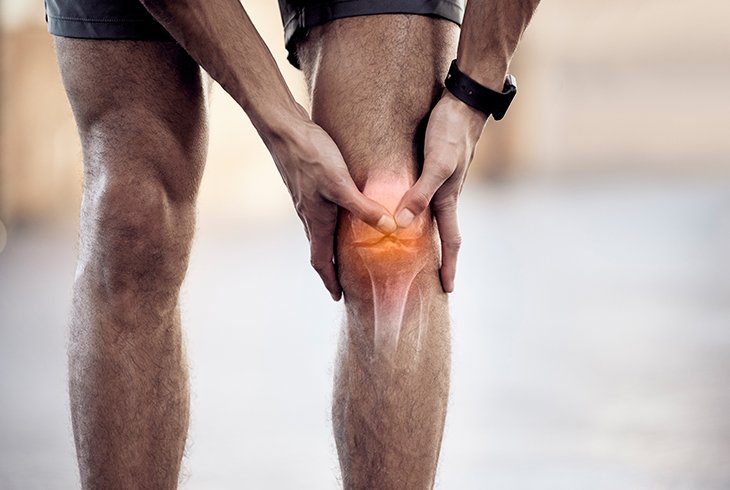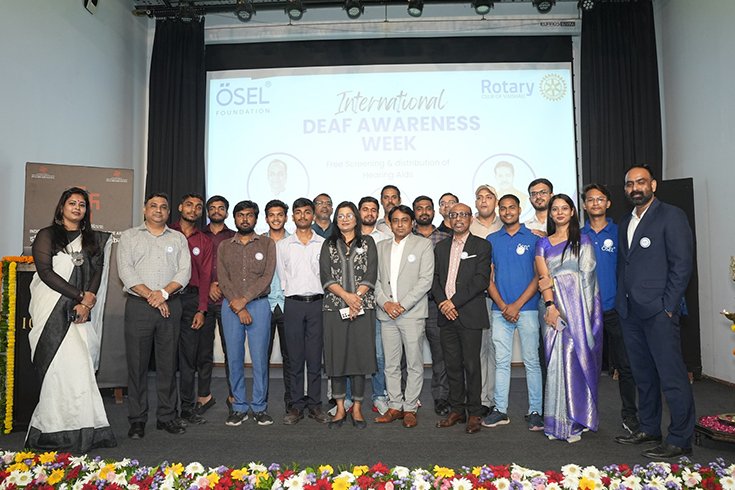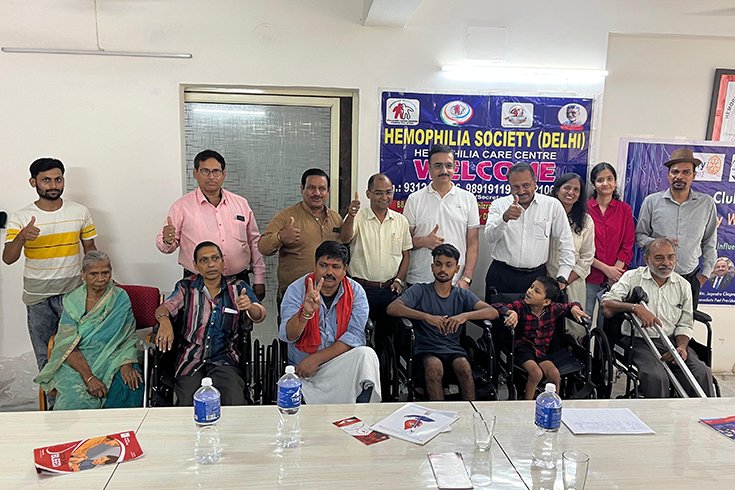Cancer
remains one of the most challenging medical issues worldwide, and India is no
exception. While some cancers can be prevented, Cancer Research UK notes that
not all are avoidable. The rising cancer rates in India are largely due to poor
dietary habits, tobacco use, and lifestyle changes, according to the Ministry
of Health and Family Welfare. While genetics and environmental factors play a
role, many cancers can be influenced by everyday choices. Small adjustments to
your lifestyle, such as changes in diet and activity levels, may seem minor,
but over time, these habits can have a significant impact on reducing cancer
risk. Here’s how simple daily decisions can help prevent cancer.
Reduce
Tobacco and Alcohol Use
Tobacco use remains a major cause of cancer globally, with a significant
percentage of cancer cases in India linked to tobacco. Smokeless tobacco is
associated with oral cancers, while smoking is strongly linked to lung, throat,
and mouth cancers. Limiting or completely avoiding tobacco use is crucial for
cancer prevention.
Excessive
alcohol consumption increases the risk of developing several types of cancer,
including those of the mouth, breast, and liver. The key is moderation. Health
guidelines recommend that women limit their alcohol intake to no more than one
drink per day, and men no more than two. This doesn't mean you must have one or
two drinks daily; it simply sets a limit. A proactive way to reduce cancer risk
is by intentionally cutting back on alcohol and tobacco use.
Balanced
Plant-Based Diet
The National
Institute of Medicine highlights diet as a crucial factor in cancer prevention,
with adult diet and obesity contributing to approximately 25% of cancers. A
diet abundant in fruits, vegetables, whole grains, and lean proteins offers
essential nutrients and antioxidants that support immune health and help reduce
oxidative stress.
Plant-based
foods are rich in fiber, flavonoids, and carotenoids, which can help protect
cells from damage. Including cruciferous vegetables (such as broccoli and
cauliflower), berries, leafy greens, and legumes in your diet can provide
essential nutrients to support your body's defenses against cancer.
Achieve
and Maintain a Healthy Weight
Obesity is a
rising concern and a recognized risk factor for cancer. Excess fat, especially
around the abdomen, has been associated with cancers such as breast, colon, and
liver. Adipose tissue (fat) releases hormones and inflammatory substances that
can promote cancer development.
Maintaining
a healthy weight through a balanced diet and regular exercise helps reduce
inflammation, regulate hormones, and support metabolic health, all of which
contribute to cancer prevention. Adopting gradual, sustainable weight
management practices can lead to lasting positive effects over time.
Stay
Active and Healthy
A sedentary
lifestyle is linked to a higher cancer risk, with physical inactivity
responsible for around 5% of cancers. Regular exercise helps regulate hormone
levels, boost immune function, and reduce inflammation, all of which can lower
the risk of cancer.
The World
Health Organization suggests that adults aim for at least 150 minutes of
moderate exercise each week. Activities like brisk walking, cycling, or
swimming can contribute to this goal. Additionally, adding small bursts of
physical activity throughout the day, such as taking the stairs or going for a
brief walk, can help achieve these targets without requiring significant
lifestyle changes.
Protect
Yourself from Sun Exposure.
Skin cancer, including melanoma, is highly preventable. Ultraviolet (UV) radiation from the sun is a major risk factor, but simple precautions can help minimize exposure. Apply a broad-spectrum sunscreen with at least SPF 30 to exposed skin every day, even on cloudy days. Wearing protective clothing, hats, and sunglasses also helps block harmful UV rays.
UV radiation
is strongest between 10 a.m. and 4 p.m., so staying in the shade or limiting
outdoor activities during these hours can further lower the risk of skin
cancer.
Schedule
Regular Health Screenings and Vaccinations
Early detection plays a crucial role in the successful treatment of cancer. Regular screenings, such as mammograms, colonoscopies, and Pap tests, are essential for identifying cancers at the earliest and most treatable stages. In India, initiatives like the National Cancer Control Programme and Ayushman Bharat’s Health and Wellness Centres are working to improve access to these preventive screenings, particularly in underserved regions.
Vaccination also serves as an important preventive measure. The human papillomavirus (HPV) vaccine can help prevent cervical cancer, while the hepatitis B vaccine can reduce the risk of liver cancer. Consulting with your healthcare provider about a vaccination plan and appropriate cancer screenings can offer personalized protection and early intervention against cancer.
Manage
stress and prioritize your mental well-being.
Chronic stress can negatively affect the body in numerous ways, potentially impairing immune function and creating conditions where cancer cells may thrive. High stress levels are also associated with behaviors that increase cancer risk, such as poor diet, lack of exercise, and increased smoking or drinking.
Incorporating
stress-reducing practices like meditation, yoga, deep breathing, or journaling
into daily life can help improve mental well-being and lessen the physical
effects of stress. Mental health plays a crucial role in cancer prevention, as
studies show that people who are happier and less stressed are more likely to
adopt healthier lifestyles overall.
Limit the
consumption of processed and red meats.
Diets rich in processed and red meats have been linked to an increased risk of colorectal cancer and potentially other cancers. Cooking red meat at high temperatures can produce harmful compounds, while processed meats such as bacon and sausages contain preservatives that may be carcinogenic.
Dr. Shona
Nag MD, Director of Oncology Services at Sahyadri Hospital, Hadapsar Pune,
emphasizes, “Cancer is a lifestyle disease, similar to diabetes and coronary
heart disease. A balanced diet high in fiber and protein, while low in carbs
and sugar, helps maintain a healthy weight. Regular moderate-intensity aerobic
and strength training 3-4 times a week is beneficial. Above all, minimizing
stress is crucial for overall health.”












